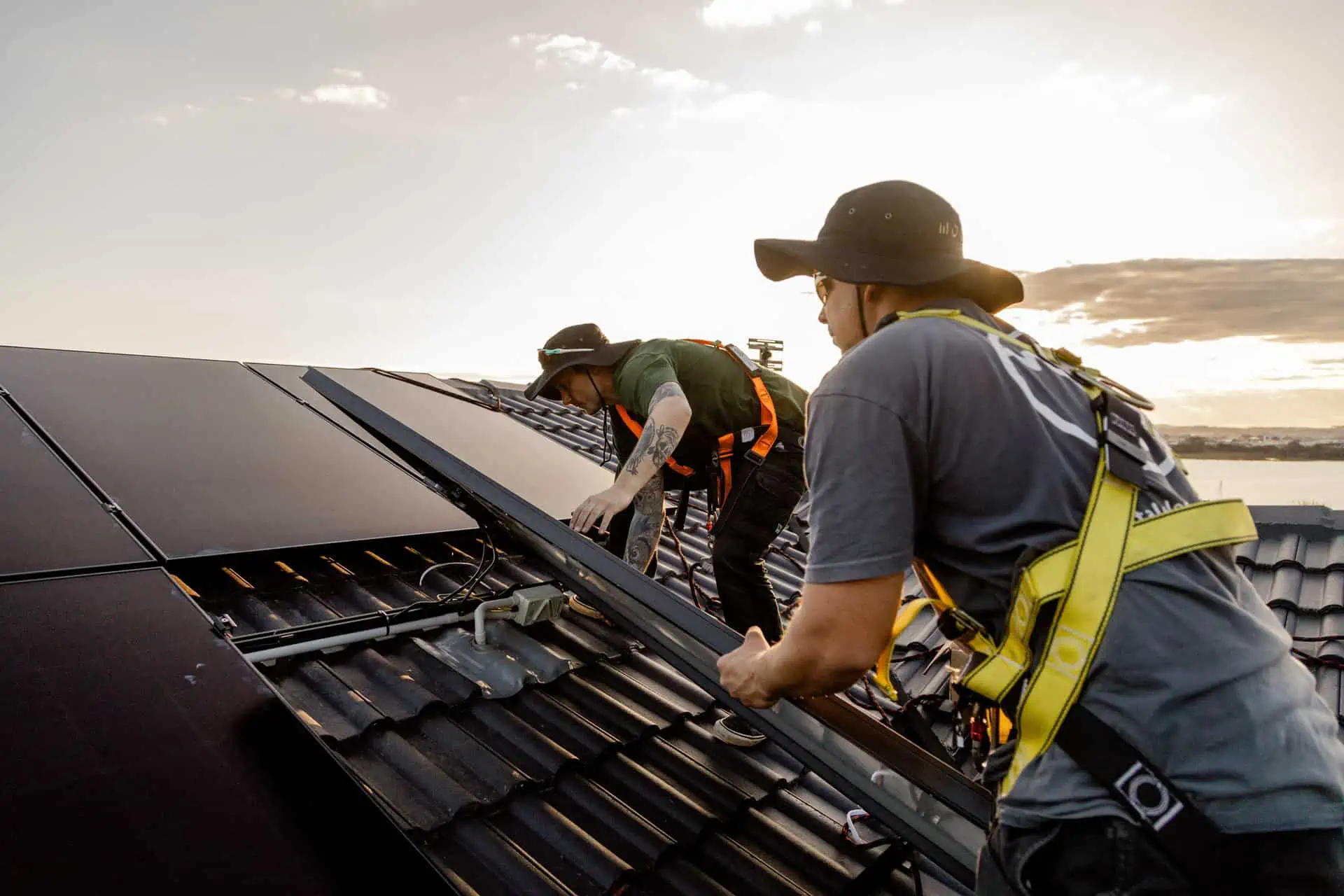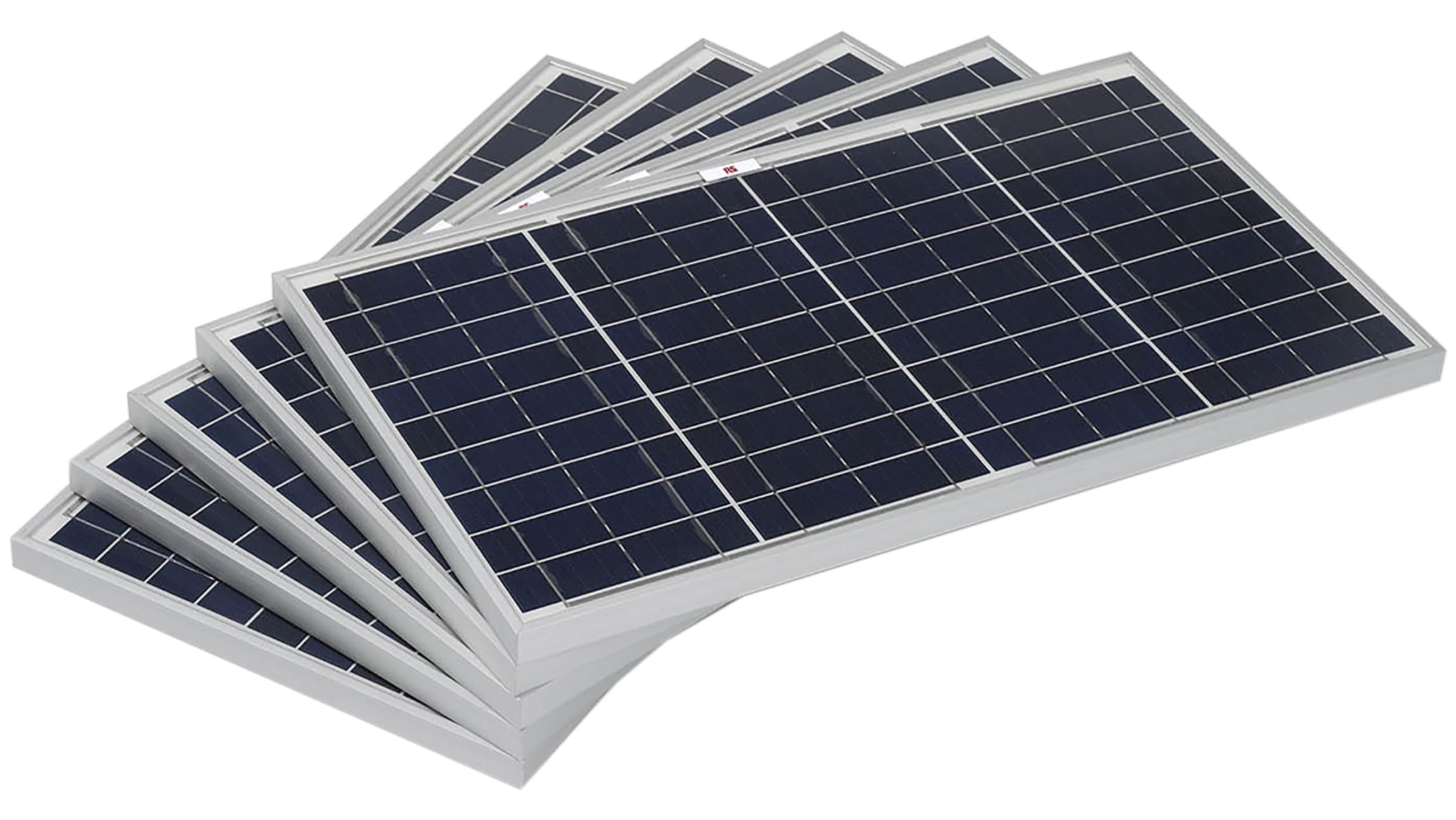Reduce your carbon footprint by harnessing the sun with Solar Panels.
Reduce your carbon footprint by harnessing the sun with Solar Panels.
Blog Article
Optimize Energy Cost Savings With High-Quality Solar Panels
Optimizing power cost savings through the use of high-quality solar panels is a multifaceted approach that calls for mindful consideration of technology, installation, and upkeep. Picking high-efficiency choices, such as monocrystalline panels, can substantially improve electricity generation, while durability and service warranty terms play a vital function in long-term economic feasibility.
Benefits of Solar Power
The benefits of solar power are countless and considerable, making it an increasingly eye-catching choice for both residential and business applications. One of the main advantages is its possible to decrease power expenses. By harnessing sunshine, residential property owners can create their own power, reducing reliance on standard utility sources and inevitably resulting in significant cost savings.
An additional crucial advantage is environmental sustainability. Solar power is a clean, sustainable source that helps to alleviate greenhouse gas emissions, contributing to a decrease in air pollution and climate adjustment. This aligns with worldwide initiatives to transition towards even more lasting energy options.
In addition, solar power systems can boost property value. Residences and businesses geared up with photovoltaic panels frequently have higher resale worths, interesting environmentally-conscious buyers and financiers. In addition, government incentives, such as tax credit ratings and refunds, can balance out installment prices, making solar power also much more economically feasible.
Lastly, solar modern technology promotes power independence. By purchasing solar power, individuals and organizations can decrease their susceptability to changing power rates and supply disturbances, fostering better control over their power sources. Jointly, these benefits highlight the engaging reasons to think about solar power options.
Selecting the Right Solar Panels
Selecting the right photovoltaic panels is an important step in optimizing the effectiveness and benefits of a solar power system. When reviewing photovoltaic panels, several factors need to be thought about to guarantee optimal efficiency and lasting cost savings.
First, evaluate the panel's performance score, which indicates just how successfully it converts sunshine into power. Greater efficiency panels might have a higher ahead of time cost yet can produce even more energy in minimal area. Next, take a look at the warranty used by the producer; a much longer guarantee typically shows a greater level of self-confidence in the product's durability and efficiency.
Additionally, consider the kind of solar panel modern technology. Monocrystalline panels are known for their high effectiveness and space-saving design, while polycrystalline panels have a tendency to be extra budget friendly but somewhat much less efficient. Bifacial panels, which catch sunshine from both sides, are also getting appeal for their potential to improve power result.
Lastly, carry out a thorough review of independent efficiency rankings and consumer reviews to evaluate dependability and contentment. By thoroughly thinking about these aspects, home owners can make informed choices that line up with their energy requirements and monetary purposes, inevitably boosting the return on investment for their solar energy systems.
Understanding Setup Expenses
Comprehending the prices related to mounting photovoltaic panels is essential for homeowners looking to buy renewable energy. The overall installment price can differ dramatically based upon numerous variables, consisting of system dimension, panel type, setup complexity, and geographic area.
Commonly, the price is computed on a per-watt basis, with typical costs ranging from $2.50 to $3.50 per watt before any kind of motivations. A typical household system may cost between $15,000 and $25,000, relying on power requirements and useful site the chosen components.
Along with the panels themselves, house owners must consider expenses associated with inverters, installing hardware, and electric upgrades. Labor expenses also play an essential role, as specialist setup guarantees conformity with security requirements and local guidelines.

Inevitably, understanding these setup prices and possible monetary advantages is crucial for homeowners to make enlightened choices regarding transitioning to solar power.

Upkeep for Long-Term Cost Savings
Keeping solar panels is important for making best use of long-term energy cost savings and making sure the system operates at peak efficiency. Normal maintenance involves a number of crucial methods that can considerably enhance the long life and performance of solar installments.
First, routine assessments must be performed to recognize any type of physical damages or wear, such as splits or loosened links. Cleaning his explanation up the panels is additionally crucial, as dust, dust, and particles can block sunshine, decreasing energy result (Solar Panels). It is advisable to cleanse the panels at the very least twice a year, or more regularly in locations with high degrees of dirt or contamination
Additionally, keeping an eye on the system's efficiency with a surveillance software program can supply real-time information on energy manufacturing and alert home owners to any kind of abnormalities. This proactive strategy enables timely fixings, reducing downtime and keeping optimal power generation.
Environmental Impact of Solar Power
The ecological effect of solar power prolongs much beyond its prompt benefits of lowering electrical power expenses and dependence on fossil fuels. By utilizing sunlight, solar power significantly reduces greenhouse gas discharges, thus mitigating climate adjustment. Unlike traditional power resources such as coal or all-natural gas, solar energy generation does not create air contaminants, adding to boosted air quality and public wellness.
In addition, solar power promotes biodiversity by reducing the demand for fossil fuel extraction, which usually disrupts ecological communities and environments. By transitioning to sustainable power resources, we can protect all-natural landscapes and secure jeopardized varieties from habitat loss.
The life process of photovoltaic panels also offers a lower ecological impact contrasted to standard energy resources - Solar Panels. While producing solar panels entails some resource use and exhausts, developments in modern technology and reusing procedures are continually reducing these impacts. Additionally, the long-term advantages of solar power-- such as lowered reliance on limited resources-- much surpass these initial costs
Verdict
In summary, the adoption of premium photovoltaic panels provides considerable opportunities for energy financial savings and environmental advantages. By picking suitable technologies, such as monocrystalline panels, and ensuring effective setup, home owners can optimize power generation in limited spaces. Additionally, understanding installation expenses and upkeep needs additionally adds to long-term savings. The tactical positioning of official source photovoltaic panel options with energy demands and government motivations enhances return on investment, advertising sustainability and decreasing dependence on conventional energy sources.
Report this page